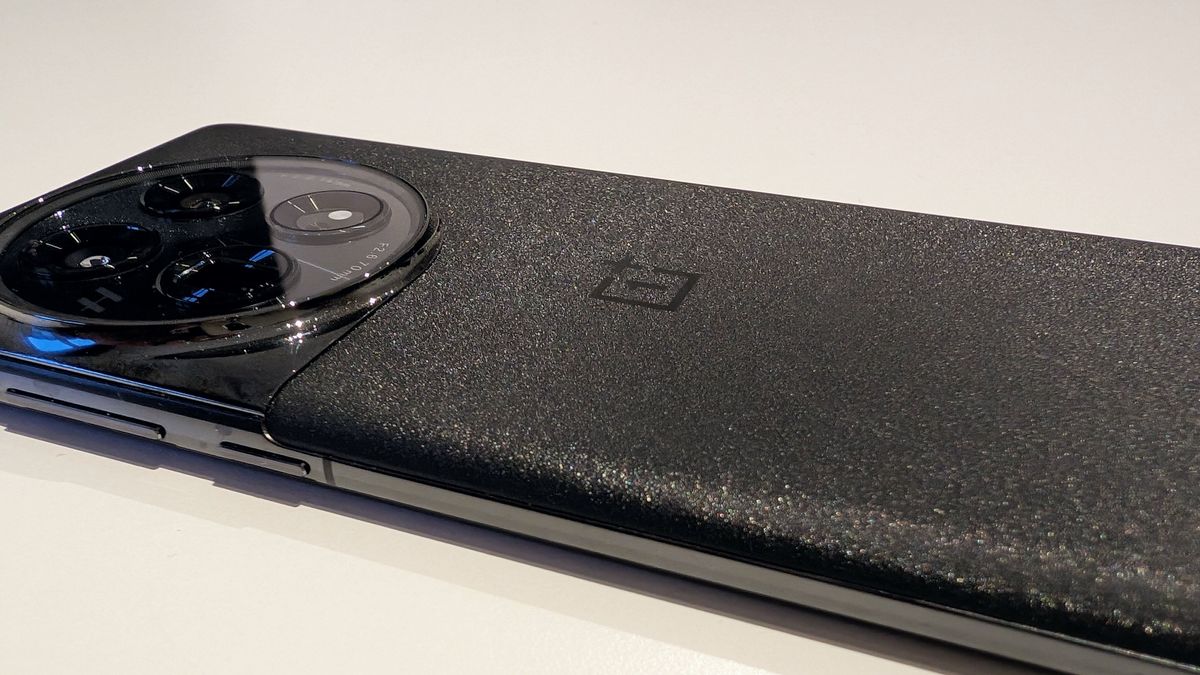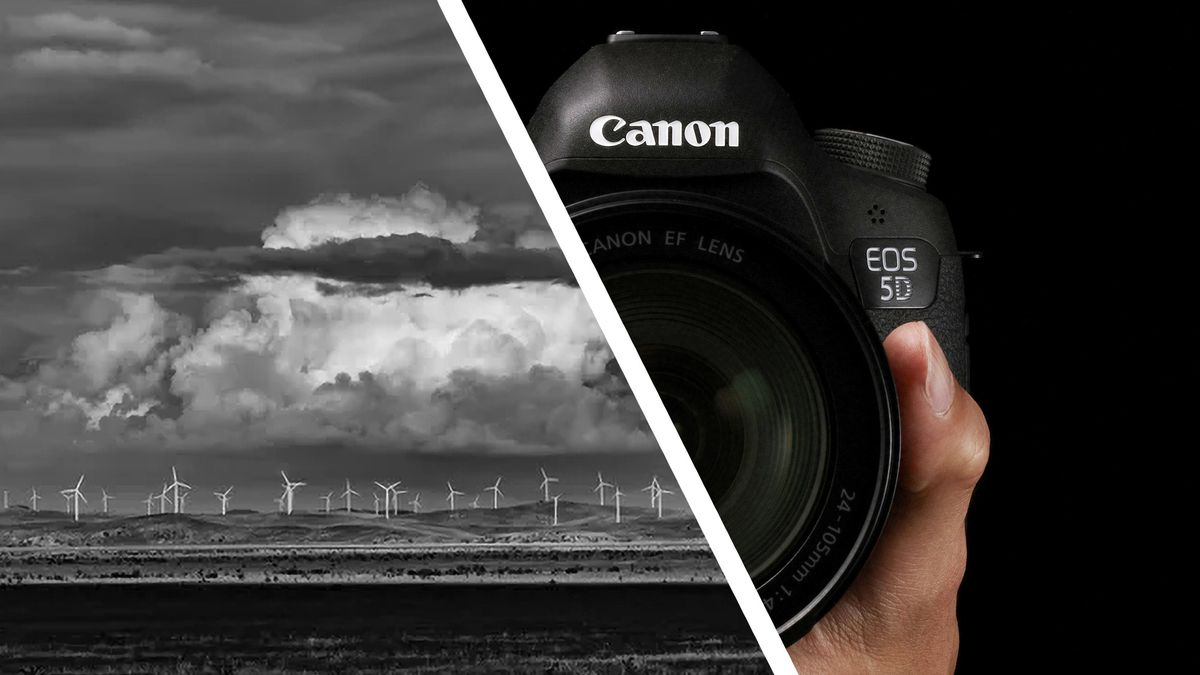When Samsung launched the Samsung Galaxy S24 range back in January, I, like many, was instantly drawn into the seemingly endless possibilities available with the new phones, especially with the premium Samsung Galaxy S24 Ultra. Samsung has already recognised the, somewhat surprising, success of the new Samsung Galaxy S24, with James Kitto, Samsung’s VP of UK sales, saying “the reaction has been nothing short of absolutely incredible”, but now, only a matter of weeks later, I’m already beginning to reconsider.
The Samsung Galaxy S24 has already shown its popularity, with Samsung Galaxy S24 deals already being more popular after the first week than the Samsung Galaxy S23, and this success is only expected to continue, unless the latest Android challenger can finally put the Samsung Galaxy S24 to the test.
See, in the last few days, OnePlus, one of the biggest non-Samsung Android brands widely available, has released its latest flagship, the OnePlus 12, and it has raised a number of questions which, for many, might make the OnePlus 12 a more tempting option for their next flagship smartphone.
How much am I spending?!
One of the first things that sets Samsung back against its Android, and even Apple, competition, is possibly the first thing you’ll see, the price. It’s always been stigmatized that Apple is unnecessarily expensive, but even the best iPhone 15 Pro Max deals will be cheaper than those of the Samsung Galaxy S24 Ultra, and the base price is no different, with the iPhone 15 Pro Max sitting at $100/£50 less than the S24 Ultra.
The picture is made no prettier when you compare the S24 Ultra against its Android competition, the OnePlus 12 comes in at only $799/£849 for the base model, while the Samsung Galaxy S24 Ultra starts at a whopping $1,299.99/£1,249. A price difference of $500/£400 means if, like me, you like to get the complete experience with your phone – meaning a smartwatch and buds alongside – then you can, and still pay less than you would for a Samsung Galaxy S24 Ultra.
Something that has become more widely considered in recent years when it comes to how much to spend on a phone is how long you want to use it for. In the UK, a recent YouGov survey suggested nearly a fifth (19%) of smartphone users wanted to use their phone for upwards of five years, which, until recently, would be a frankly mental idea. Now, however, phones are offering up to seven years of Android updates, and although the OnePlus 12 is not one of these phones, it still has the capability to provide a lifespan that would make the amount you spend seem minor for the years of usage you get.
What’s actually different?
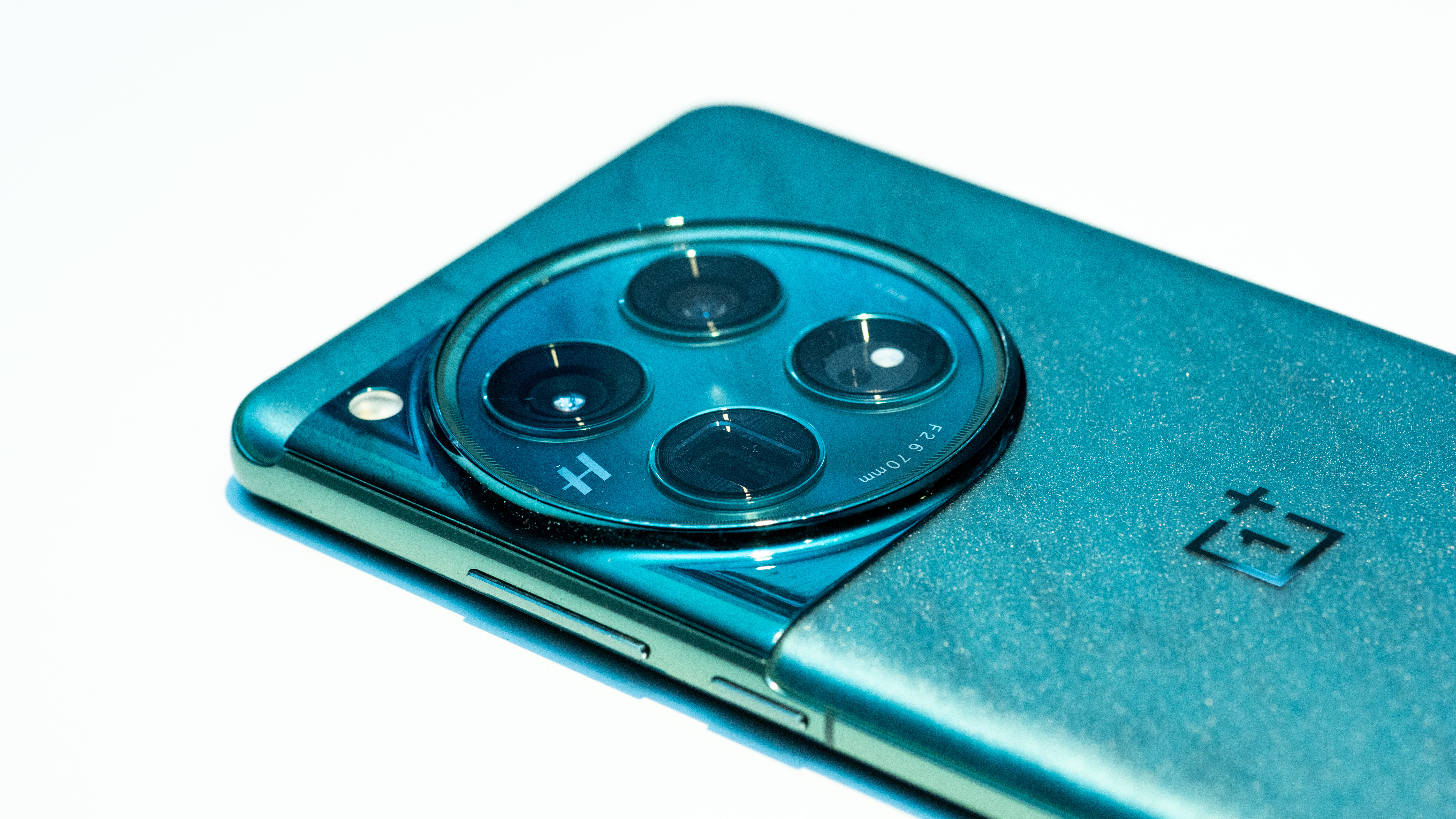
Unfortunately for the OnePlus 12, the Samsung Galaxy S24 Ultra is one of the phones now offering seven years of Android updates, but what the OnePlus 12 lacks in years of updates, it makes up for in its sheer capacity to push the Samsung Galaxy S24 Ultra to its limits when you compare the specifications of both devices.
The biggest talking point between the two devices for many will be the processor. The OnePlus 12 is one of the first devices available to use the new Snapdragon 8 Gen 3 processor, which will likely sit as the one true competitor to Apple’s A17 Pro chip. That, however, is unless you are the Samsung Galaxy S24 Ultra, which boasts a Samsung-exclusive version of the Snapdragon 8 Gen 3 which is slightly more powerful and only available on the new Samsung Galaxy S24 range.
Aside from this, however, there is very little that the average user would notice to split the two devices, if you’re not looking for the most minor of differences, that is. Both phones use QHD+ LTPO displays, with the OnePlus 12 offering a slightly larger display and higher screen-to-body ratio whilst the S24 Ultra offers slightly better display technology thanks to the use of Dynamic AMOLED 2X. From a camera point of view, it’s difficult to split the two, with the S24 Ultra offering an impressive 200MP main sensor and new Galaxy AI image processing benefits, whilst the OnePlus 12 was made in collaboration with Hasselblad to give the phone its signature color accuracy and image quality, and offers a 64MP periscope telephoto lens and 48MP ultrawide lens, both arguably better than those offered by the S24 Ultra, but masking the unfortunate lack of a telephoto lens on the device.
One area the OnePlus does stand comfortably ahead of the S24 Ultra in is its battery and charging technology. The OnePlus 12 offers a larger 5,400mAh battery, with 80W wired fast charging in the US and 100W wired charging elsewhere, as well as 50W wireless charging and even 10W reverse wireless charging. The 24 Ultra, for comparison, only offers a 5,000mAh battery with 45W wired, 15W wireless, and 4.5W reverse wireless charging, a clear win for the OnePlus, even before you consider the battery maintenance tech and cooling systems included in the OnePlus 12.
Where’s the personality?
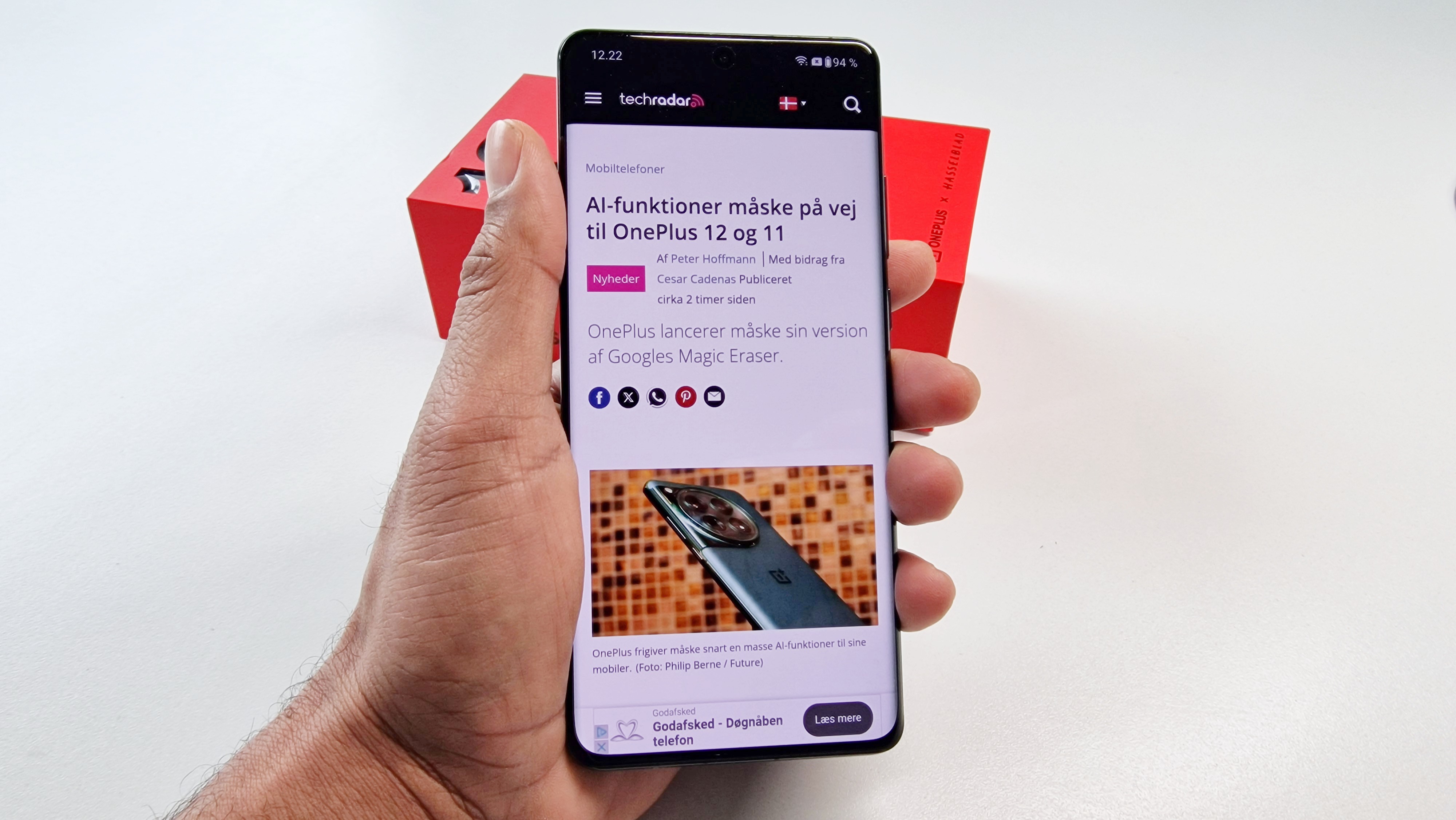
By simply looking at the two devices, its difficult not to question Samsung’s choice to merely switch to a titanium frame on the Samsung Galaxy S24 Ultra and not make any other notable changes from the previous iteration. Fundamentally the phone was meant to signify devices pushing the boundaries – predominantly of AI, yes – but pushing boundaries none the less, which this little change doesn’t exactly embody.
The OnePlus 12, however, has managed to perfectly balance keeping a phone fresh while not straying from what they know works, as the phone is frankly stunning with its new emerald rear panel option and improved screen-to-body ratio on the front of the phone.
Samsung are also still surprisingly lacking when it comes to UI, as One UI still seems to not quite hit the spot for users in the same way as has been seen with various iterations of OxygenOS on OnePlus in recent years. Although recent AI tailored updates to One UI have given it a much needed kick in the right direction, there’s no guarantees that Samsung will stay in this stronger position for long when it comes to creating a great experience for its users, and this once again leaves OnePlus in an arguably stronger position.
How should you choose?
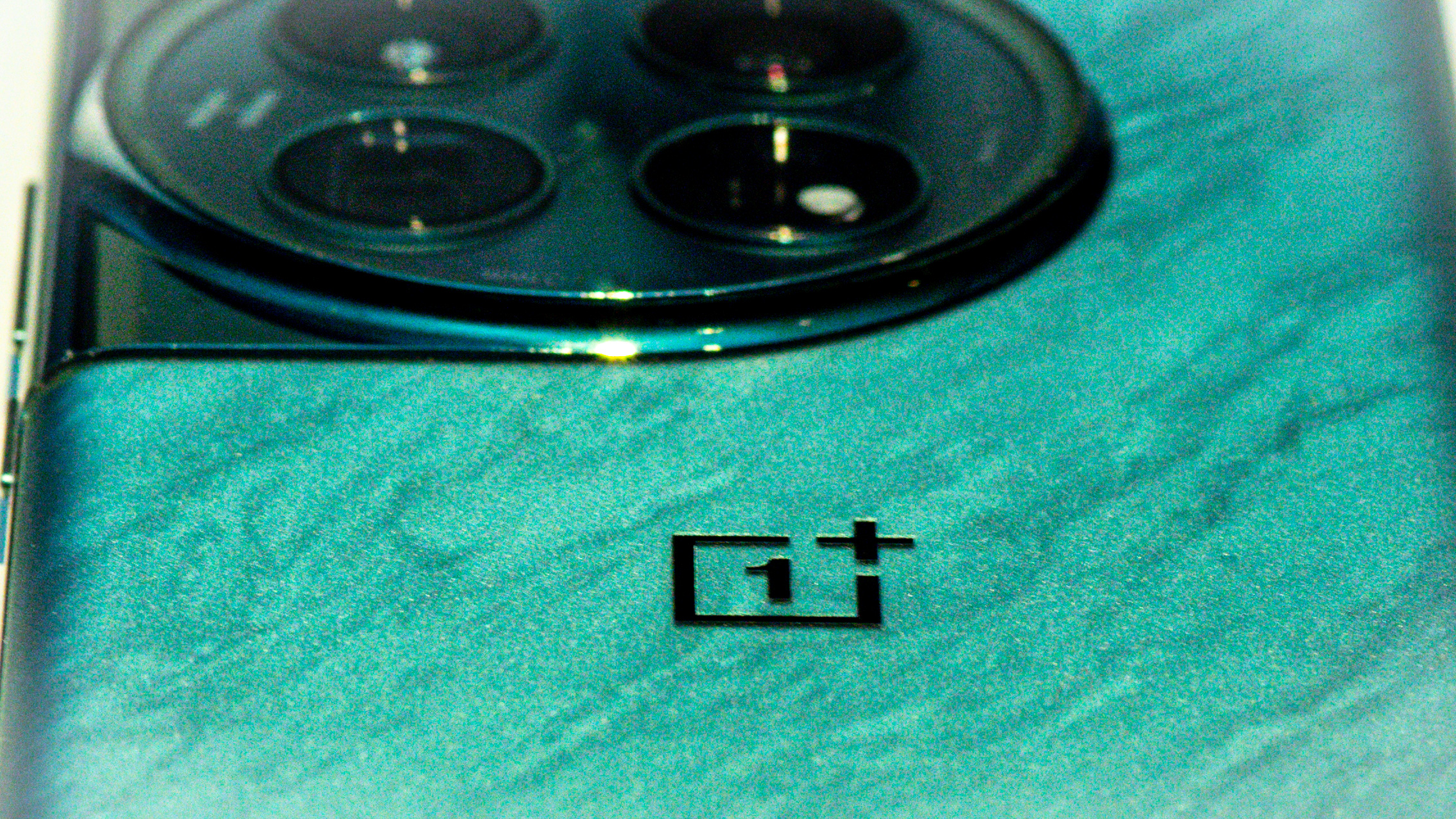
Yes, there are some differences between the OnePlus 12 and Samsung Galaxy S24 Ultra that might make you choose the latter, impressive AI capabilities on the S24 Ultra likely being the major one, but for many, the sheer cost gap between the two devices will not be worth it.
The OnePlus 12 provides what, for many, will be an exceptional flagship phone experience, with a strong lifespan promised, and backed up by specs, and design features across both the device itself and OxygenOS 14 that frankly make the OnePlus 12 difficult to not fall in love with, as many have found with OnePlus devices of the past.
If you want the very best of the cutting edge advancements being made right now, then yes the Samsung Galaxy S24 Ultra may be right for you, but if you simply want a flagship phone that will last you long enough to make its impressively low price tag seem well worth the cost, and give you great results in the process, then the OnePlus 12 is unlikely to be topped from amongst even the best competition that Samsung face in the Android space right now.


